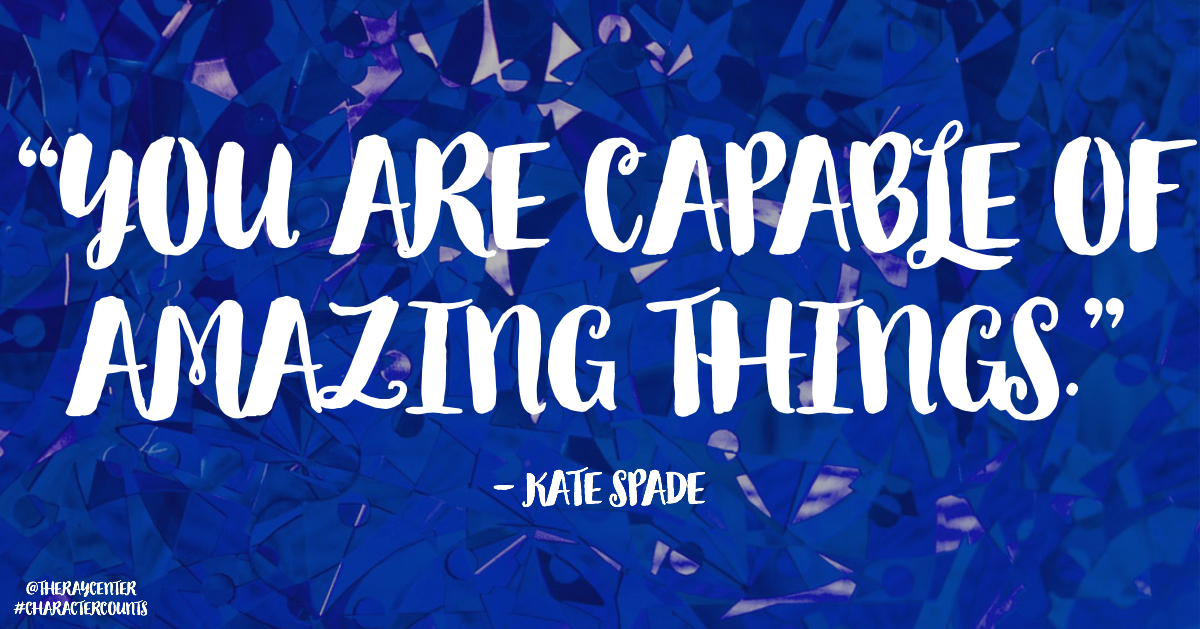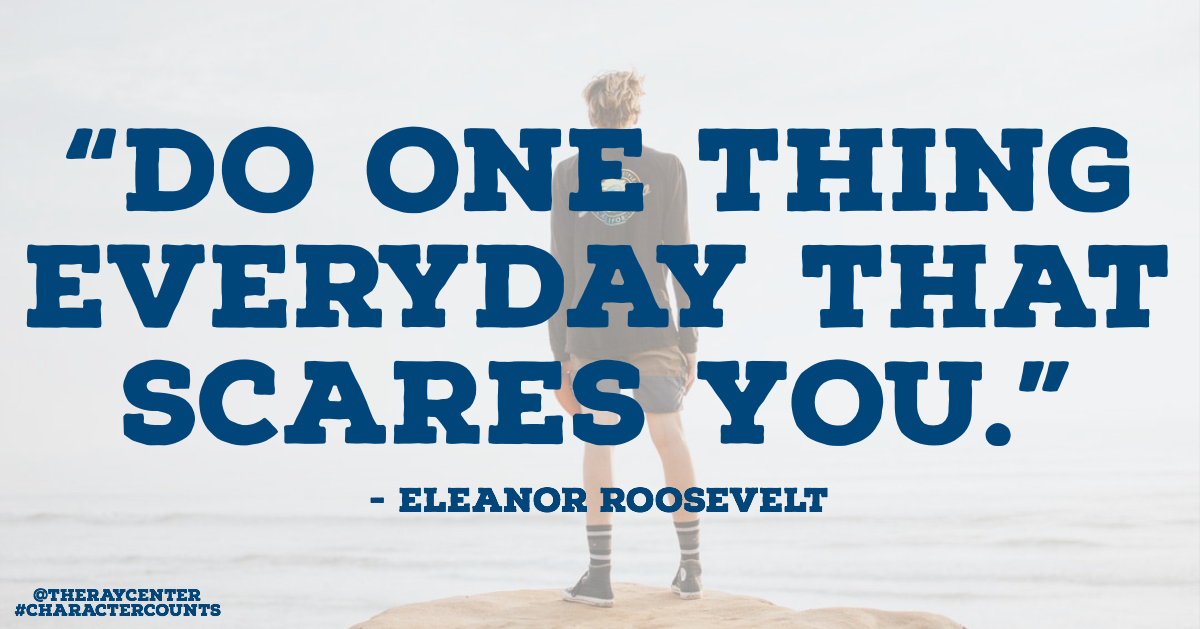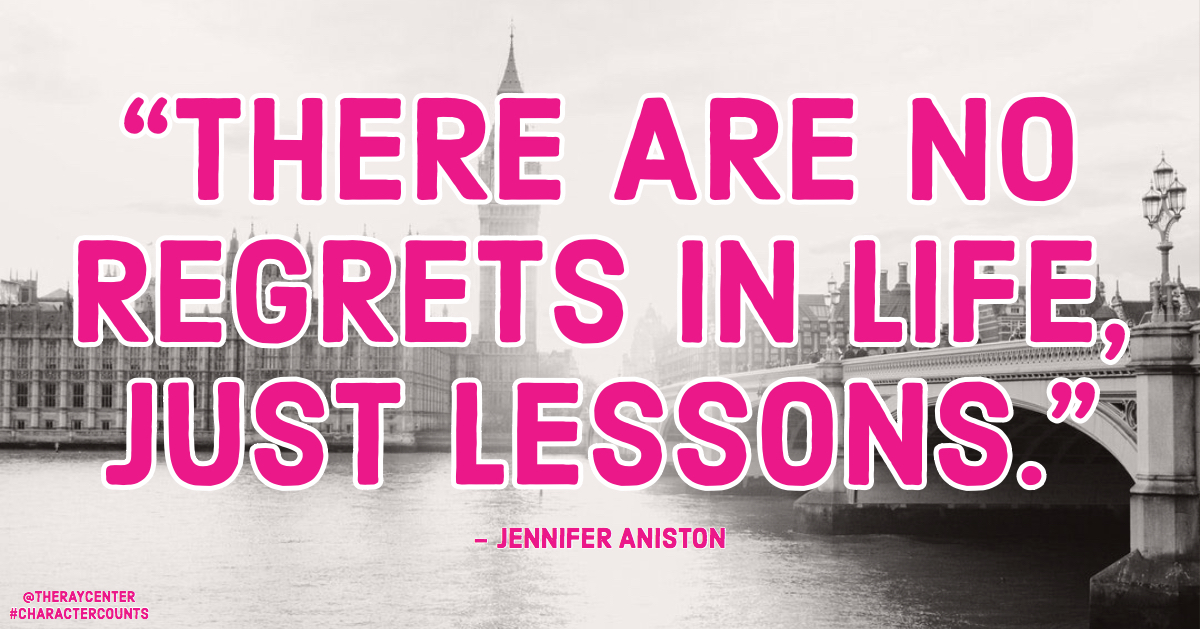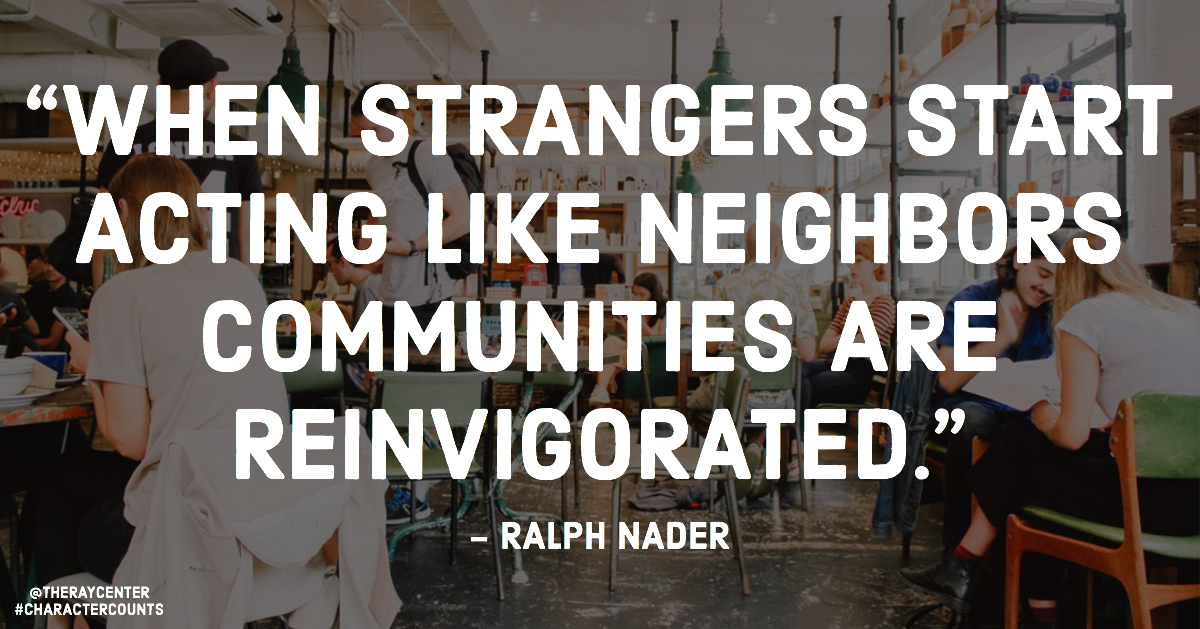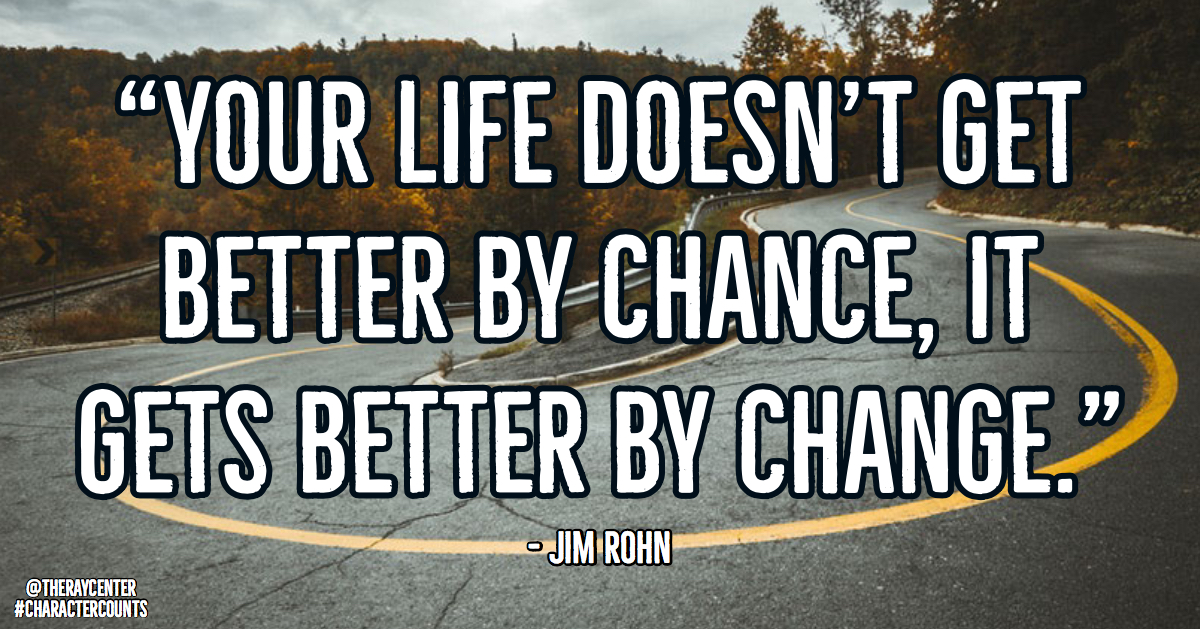One thing
The struggle between wants and shoulds
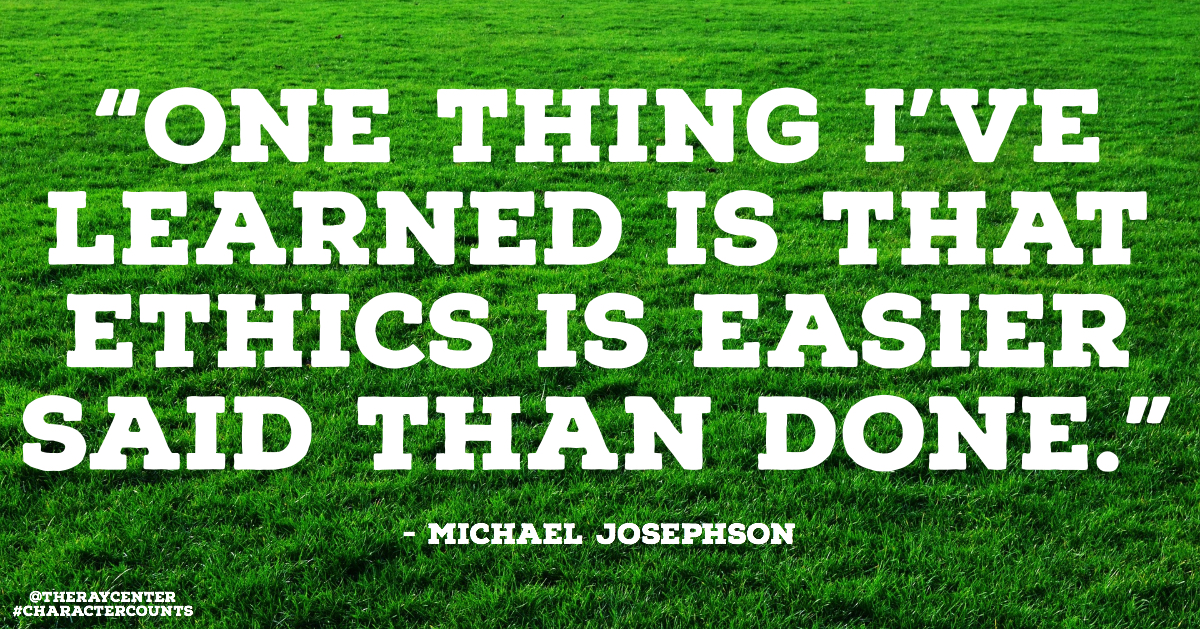
From our guest contributor, Michael Josephson.
As a full-time ethicist – can you believe there is such a thing? – I spend most of my time talking about right and wrong with parents and politicians, kids and corporate managers, journalists and generals.
One thing I’ve learned is that ethics – being a good person and doing the right thing – is easier said than done.
Ethics, or the lack of it, is everywhere. It’s in the news, in schools, in the workplace, in sports, in parenting, you name it.
Ethics would be easy to adhere to if we never wanted to do things we know are wrong. Unfortunately, if you’re like me, there’s a constant struggle between what I want to do (my desires) and what I should do (my ethical duties).
I want to avoid taxes, pay lower insurance premiums, and have the freedom to go through the “10 Items or Less” line with 14 items. Business executives want larger profits, politicians want more power, lawyers want to win.
Too often, our wants overcome our ambitions toward honor and virtue. We lie occasionally or cheat a little. As a result, there’s a hole in our moral ozone, and it’s getting bigger. It’s going to take moral courage and real character to repair that hole.
This is Michael Josephson reminding you that character counts.
 Michael Josephson is an influential and internationally renowned champion of character education for youth and ethical conduct in business, government, policing, journalism, sports, healthcare and law. He is credited by many as the person most responsible for reviving and professionalizing the character education in school and youth-serving organizations. In 1992, under the auspices of the Josephson Institute he created CHARACTER COUNTS!, the world’s most widely implemented character development initiative based on a common language of shared values – the Six Pillars of Character) and Pursuing Victory With Honor (1996), a companion program promoting ethics in sports.
Michael Josephson is an influential and internationally renowned champion of character education for youth and ethical conduct in business, government, policing, journalism, sports, healthcare and law. He is credited by many as the person most responsible for reviving and professionalizing the character education in school and youth-serving organizations. In 1992, under the auspices of the Josephson Institute he created CHARACTER COUNTS!, the world’s most widely implemented character development initiative based on a common language of shared values – the Six Pillars of Character) and Pursuing Victory With Honor (1996), a companion program promoting ethics in sports.
The little football player
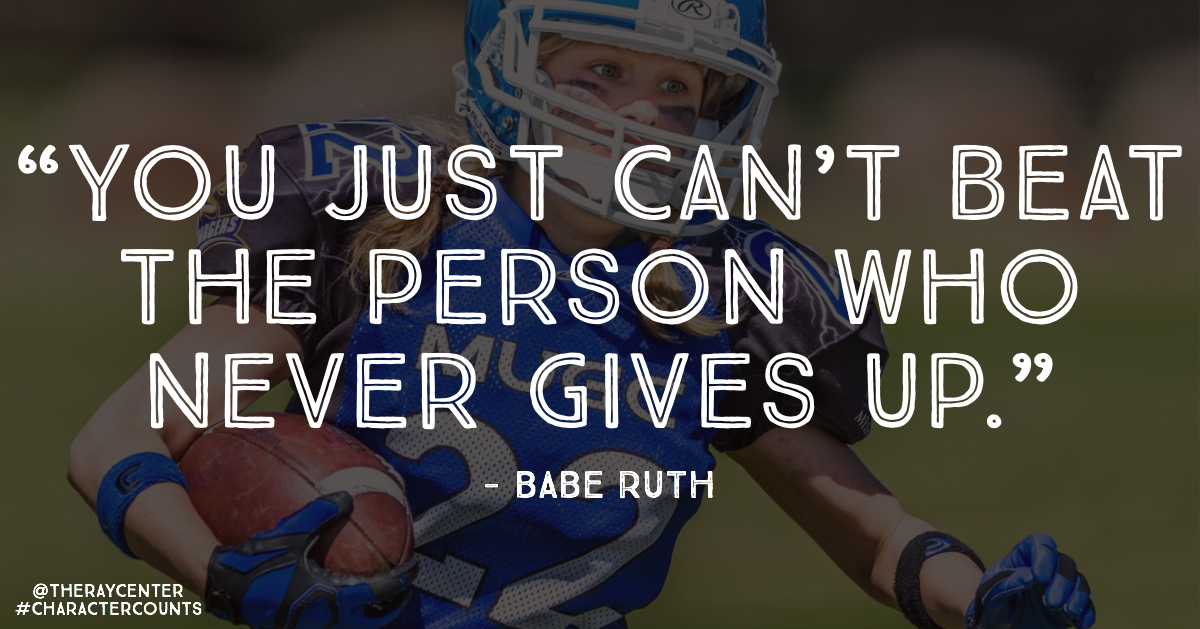
The little football player
Unknown Author
Once there was a little girl named Lilly and she was very shy. She dreamed of being a player on the football team at school but her friends teased her. However, she was very determined and wanted to prove to her friends that she could be on the team.
Lilly attended school during the day and, after finishing her homework, she practiced football at home every night. Her mom was impressed by her dedication and supported her passion by installing lights in the backyard so she could practice.
A few weeks later, an inter-school football competition was announced and Lilly decided to try out for the team. Her friends still mocked her desire to play but they were shocked by her performance and how well she played. The coaches were also very impressed and picked her to play on the team! Her critical friends had nothing left to say and Lilly had proved them wrong.
Moral: Nothing is impossible. With determination and focus, you can achieve your dreams!
Life lessons
The milkmaid and her pail
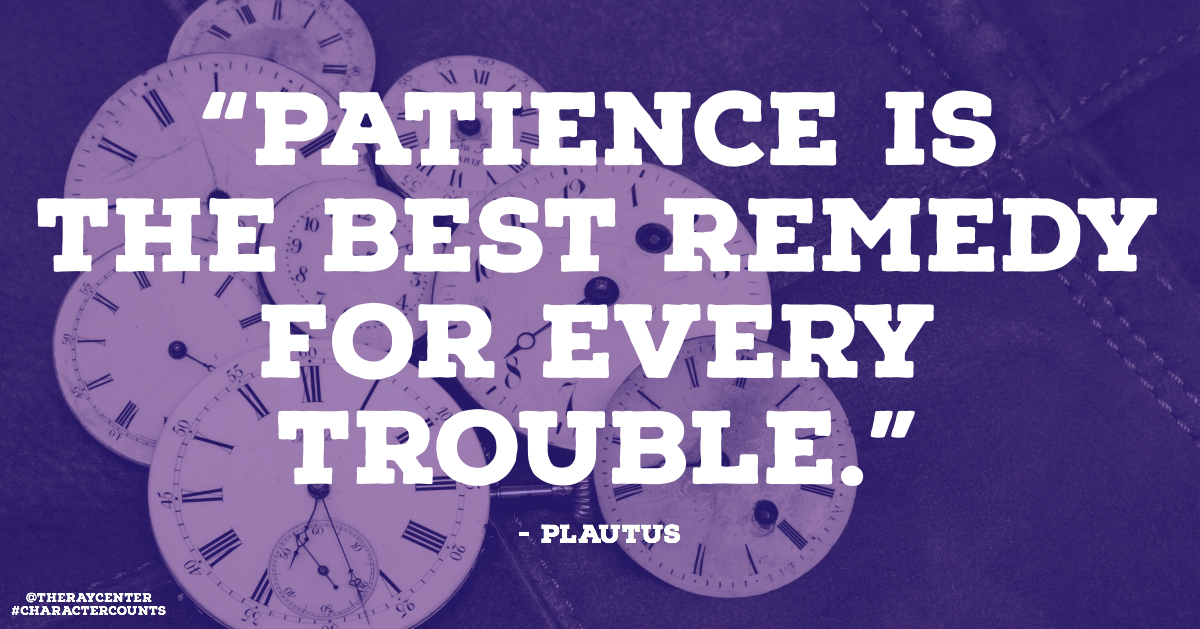
The milkmaid and her pail
An Aesop fable
A milkmaid had been out to milk the cows and was returning from the field with the shining milk pail balanced nicely on her head. As she walked along, her pretty head was busy with plans for the days to come.
“This good, rich milk,” she mused, “will give me plenty of cream to churn. The butter I make I will take to market, and with the money I get for it I will buy a lot of eggs for hatching. How nice it will be when they are all hatched and the yard is full of fine young chicks. Then when May day comes I will sell them, and with the money I’ll buy a lovely new dress to wear to the fair. All the young men will look at me. They will come and try to be sweet with me,—but I shall very quickly send them about their business!”
As she thought of how she would settle that matter, she tossed her head scornfully, and the pail of milk fell to the ground. All the milk spilled out, and with it vanished butter and eggs and chicks and a new dress and all the milkmaid’s pride.
Moral: Do not count your chickens before they are hatched.
Helping kids rebound from mistakes
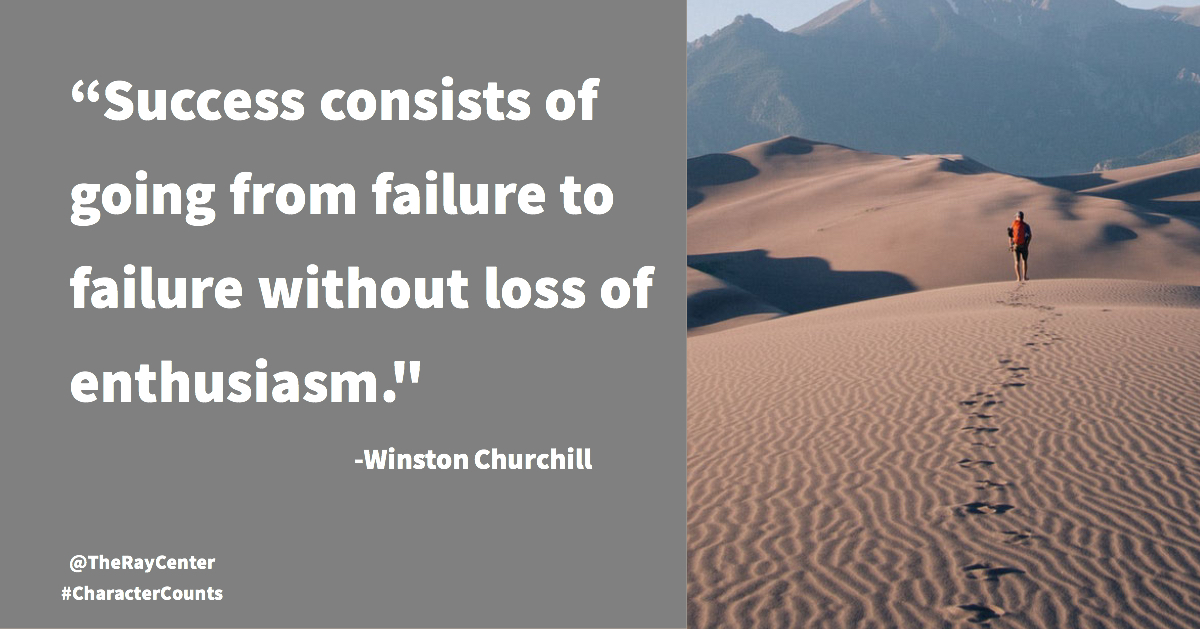
From our guest contributor, Michele Borba.
Be an example of bouncing back. The first step is the most important: model to your children how you bounce back. My girlscout leader years ago, Mrs. Flora Cox, was an expert. Before she started a task she wasn’t sure she could do (such as lighting a fire with sticks or setting up a tent) she’d always say, “I’m not stopping until I succeed.” And she made sure we overheard her. We soon found ourselves copying her words. I now realize she intentionally made a few mistakes, but did so to show us she wouldn’t give up. Her example was lasting. So take a pledge to show your children how you won’t give up at the first signs of difficulty.
Set realistic expectations. A critical part of bouncing back is making sure your expectations are ones each child is capable of achieving. Look for ways to stretch your children’s confidence and abilities, but never to a point where it snaps their spirit. It’s a fine line, so make sure you’re on the right path. These questions help you assess if your expectations are realistic:
- Is it reasonable or am I expecting too much?
- Does he have the skills and knowledge to achieve my expectation?
- Is it what she wants or I want for myself?
- Am I conveying that I believe he’s capable?
Start a “bounce back!” motto. Develop a family motto to remind your children not to let mistakes get them down. A mother told me she spent one Saturday morning brainstorming mottoes with her family such as “Mistakes Don’t Get Us Down!” “The Family that Doesn’t Quit,” and “We Don’t Give Up!” The girls then selected one and created a poster to remind them. Each child then cross-stitched the motto onto a cloth square, sewed it into a pillow, and put it on their bed to remember.
Create a “Stick to It” award. Ask your children to find a thick stick on a hike at least the length of a ruler. Print “Stick to It Award” across the stick with a black marking pen. Explain that it means “hanging in there and not giving up until you finish what you started.” Then tell your family to be on alert the next few weeks for other family members showing special “stick-to-itness” and report them to you. Each evening announce the names, and print their initials on the stick. Make sure to tell the recipients what they did to deserve the award. You might even set a contest to see how long it takes to fill the stick with your children’s initials.
Help children see mistakes as opportunities. I watched a teacher give a piece of rug yarn to each student on the first school day. She said, “This year you’ll be making lots of mistakes. That’s how you learn.” She explained that she wouldn’t be watching their mistakes, but instead to see if they learned from them. Each time they made a mistake-then bounced back-they were to tie a knot in the yarn. After each knot she’d ask them to explain what they learned from their mistake. Her technique helped her class recognize that mistakes can be a chance to start again, and it’s an essential part of learning to rebound. You might try the idea with your family.
Respond to errors noncritically. Many children cut short their opportunities to succeed because they give up when they make mistakes. So the next time your child errs, here are few ways to respond:
- Stay nonjudgmental and help him focus on what she’s trying to achieve. Calmly ask, “How did you want this to turn out?”
- Fight the temptation to say, “I told you so.” Instead try, “That’s interesting” or “That wasn’t what you had in mind, was it?”
- Don’t shame or ridicule. Nobody likes to make mistakes, and everybody hates to be reminded of making them.
- Help him learn from the mistake. A big part of bouncing back is learning from the error. Ask, “What did you learn?” or “What will you do differently next time?”
- Teach an affirmation to bounce back. Select a phrase such as: “It doesn’t have to be perfect,” “It’s OK to make mistakes,” or “Everybody makes mistakes,” then help her practice saying it to encourage herself to bounce back.
Offer support only when needed. No parent wants their children to suffer disappointments, and often our first instinct is to try to remedy their mistakes for them. Doing so deprives them of chances to find solutions and rebound from defeat. So offer help only when really needed, and convey confidence in their abilities to succeed. You might say, “I know you can do it. Hang in there.” Of course, when your son or daughter finds the task too difficult and quits, support them. Then help them recognize what they could do the next time so they do succeed.
The difference between successful and unsuccessful people often lies in how they view their mistakes. By using everyday moments you can help your children not only learn to rebound from mistakes, but also strengthen their self-confidence. And those are two critical lessons they’ll use the rest of their lives.
 Dr. Michele Borba is an educational psychologist, parenting expert, TODAY show contributor and author of 22 books including The Big Book of Parenting Solutions: 101 Answers to Your Everyday Challenges and Wildest Worries and UnSelfie: Why Empathetic Kids Succeed in Our All-About-Me World.
Dr. Michele Borba is an educational psychologist, parenting expert, TODAY show contributor and author of 22 books including The Big Book of Parenting Solutions: 101 Answers to Your Everyday Challenges and Wildest Worries and UnSelfie: Why Empathetic Kids Succeed in Our All-About-Me World.
Check out: micheleborba.com or follow her on Twitter @micheleborba.
